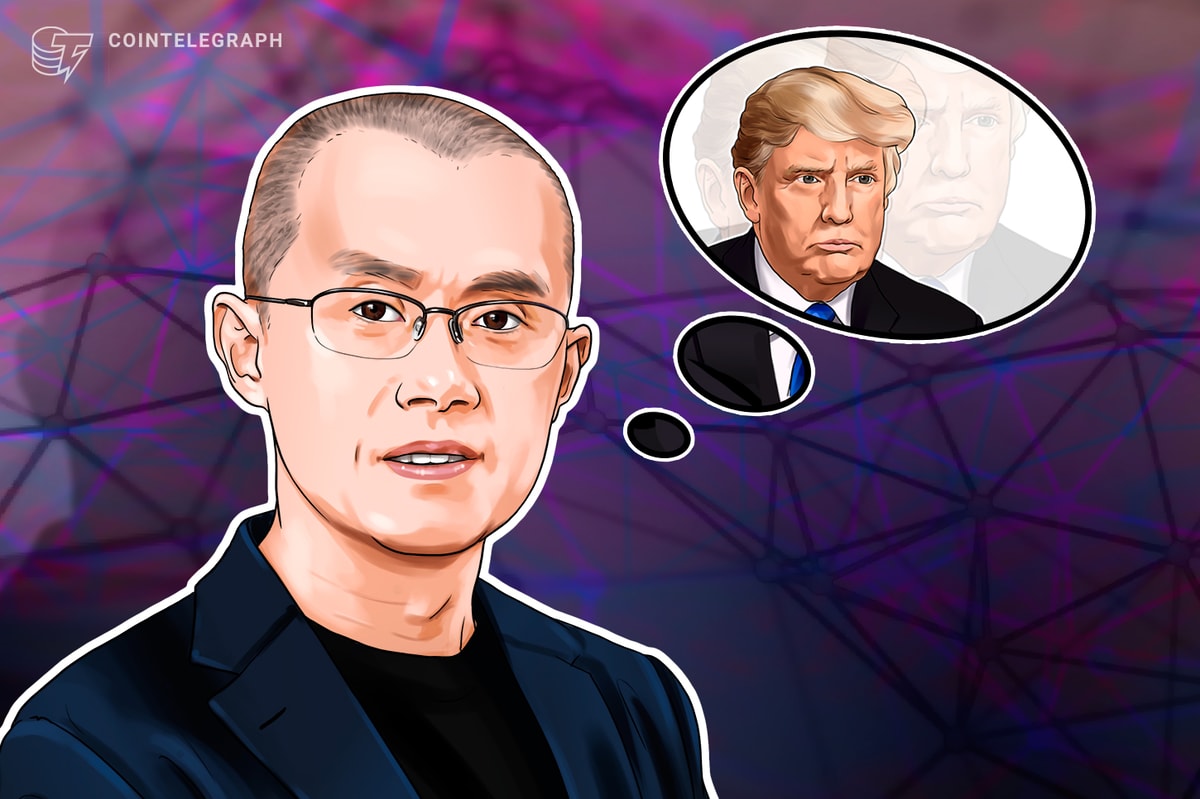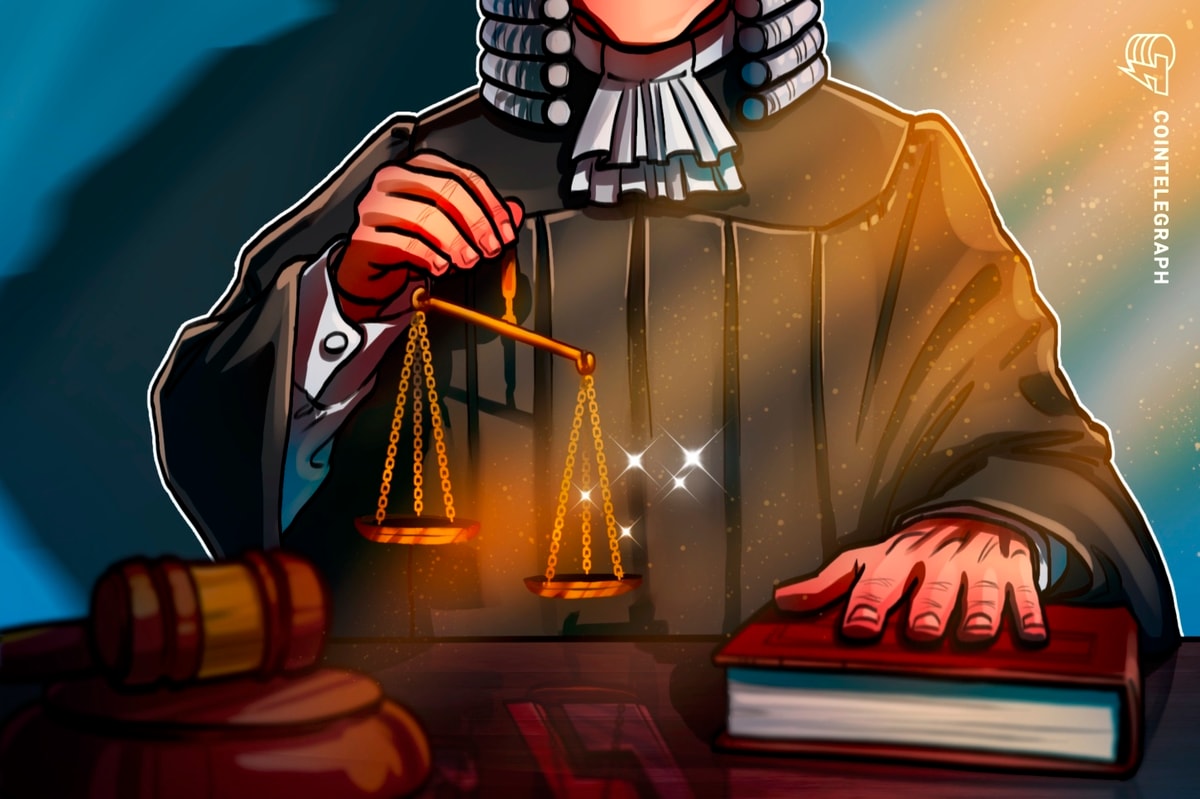The High Court of Hong Kong ordered the disclosure of financial details of the operation of Mantra Chain in the dispute between Mantra DAO, Inc. and RioDeFi — its infrastructure host — and former RioDeFi employees who allegedly misappropriated funds and business from Mantra.
RioDeFi and Mantra took legal action against defendants John Patrick Mullin, William Corkin, Jayant Ramanand and Rodrigo Quan Miranda in early 2022, RioDeFi and Mantra co-founder Stéphane Laurent told Cointelegraph.
In April 2023, the Hong Kong court ordered the defendants to disclose Mantra’s financial records from January 2021 to the present. That decision was made public on Aug. 12, when the judge released his “reasons for the decision.”
How to treat a DAO
According to their LinkedIn profiles, the defendants are all co-founders of Mantra DAO, a decentralized autonomous organization that later changed to Mantra Chain. The court decision identified them as RioDeFi employees.
Mullin and Corkin were responsible for the day-to-day operation of Mantra, which was founded in May 2020, according to the court document. Their responsibilities included producing regular financial reports, but they allegedly did so with less frequency after January 2021. The defendants “began treating the Project as their own” and misappropriated cryptocurrency from a Mantra account.
The plaintiffs originally sought interim injunctions forbidding the defendants from disposing of or dealing with cryptocurrency and using their trademarks, as well as requiring the disclosure of financial information, but the court only granted the disclosure.
Related: ‘Everything will be tokenized’ — Mantra Chain CEO
DAOs are a new challenge for the courts
The defendants argued that a DAO has no beneficial owners and decisions about assets were made by OM tokenholders. The tokenholders elected Mullin, Corkin and Miranda councilors in August 2022, giving them the authority to act on the behalf of the DAO, whereas Laurent and other executives associated with RioDeFi did not seek election as councilors at that time.

The court noted that “the present action is a dispute as to the true ownership, management and control of the Project, a 'decentralised autonomous organisation’.” It continued:
“The courts may not be familiar with the modius operandi and the structures for the operation of such kind of business. […] Given the allegations by both camps, the court is not in a position to form a preliminary view about the overall merit of the claim.”
“The aim of the present application is to preserve the status quo pending trial by letting the Plaintiffs to have some visibility about the financial operation of the Project which they claim is owned by them,” the court said.











